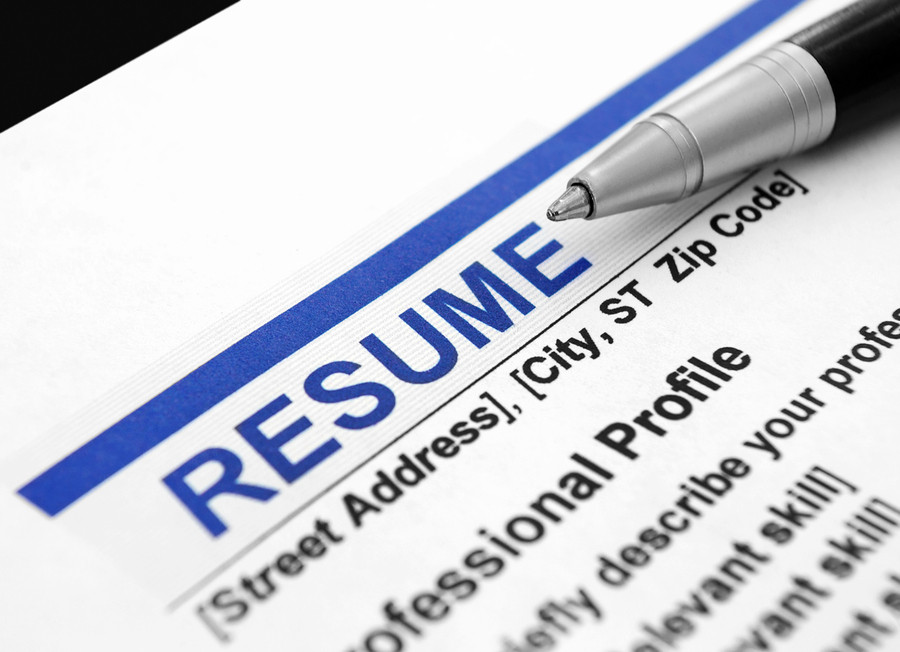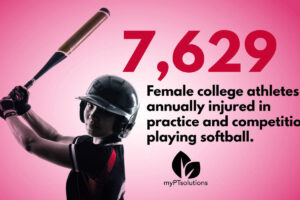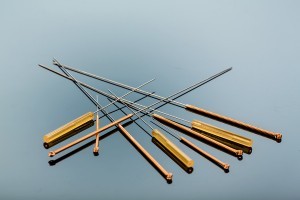Resume Basics For the New Graduate
After your contact information, the most important part of your resume are your clinical experiences.
Highlight these experiences, and include the date, setting, and population that you worked with.
Then add the rest of your experiences in the following order.
- Licenses/Certifications/Specializations/: If you have a specialization, be sure that it is highlighted in your resume along with licenses you have. In this section, you can also list the certifications you have and any other key skills i.e. Spanish proficiency, 3 years of direct experience of spinal bifida & cystic fibrosis, etc.
- Schools attended (undergrad & grad), list any areas of specialty.
- Don’t forget to include white paper publications, blog articles, or other projects you may have worked on outside of work & school.
- Non Therapy Work Experience: When describing your work experience, you don’t need to include a lot of information, just give a basic description of the work that you did, and the time frame.
- Hobbies and Other Interests.
Posting your resume to public sites like Indeed or Monster is essential if you are actively looking and it’s always FREE.
These sites are frequently visited by human resources professionals and healthcare recruiters.
Creating a LinkedIn account is equally important for either job searching, networking, or just doing market research.
For one on one help with your resume, contact a PT Solutions’ recruiter: careers@myptsolutions.com // 1.877.435.7392




